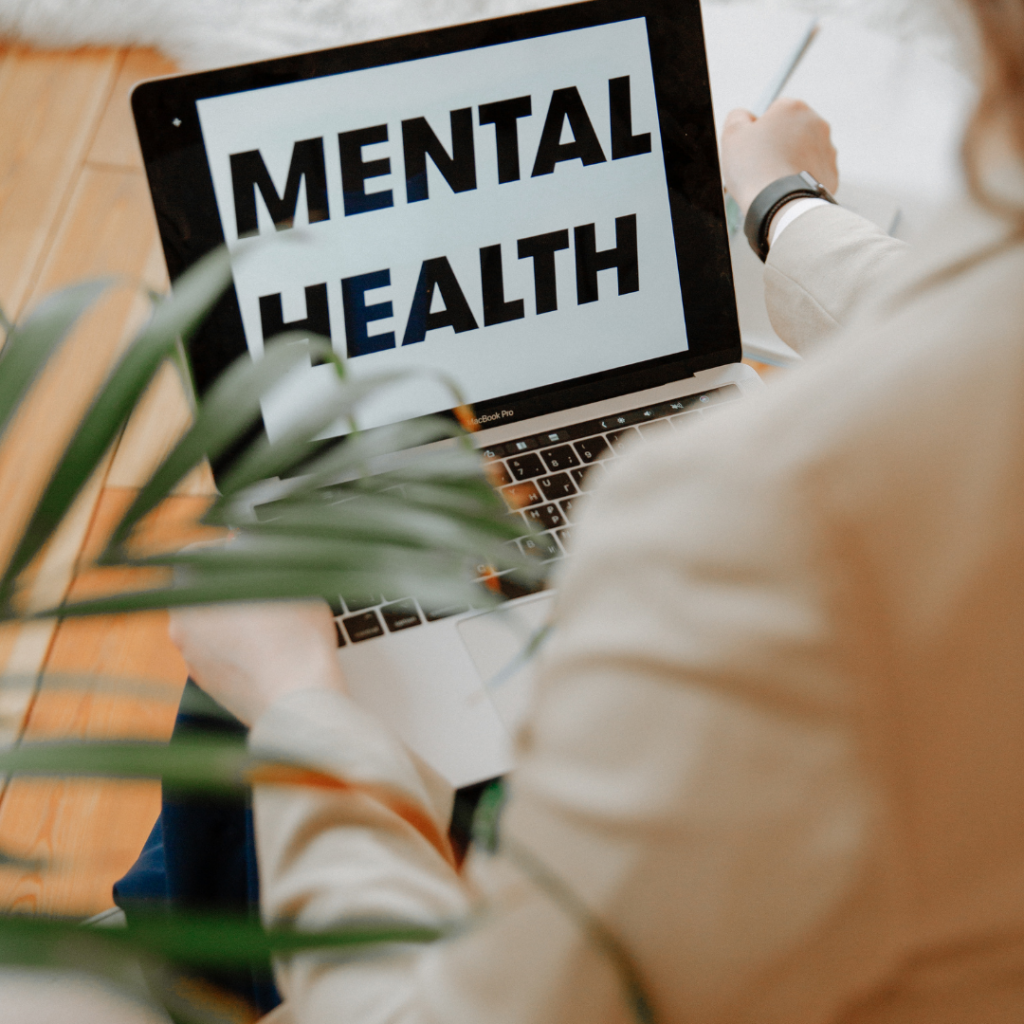
Introduction
From the 9th May 2022 to the 15th May 2022 is mental health awareness week in the UK. Therefore, this blog has been written in order to promote awareness. Maintaining good mental health is important in everyone’s lives. Ill mental health can affect physical health conditions including eczema.
What is mental health?
The charity Mind says that mental health is just as important as physical health. Having good mental health means behaving in the ways you want to live life. If thinking about it is difficult then this may affect mental health and can be more damaging than physical health. Mental health affects 7.5 million people in the UK which is 1 and 4 people and the main illnesses are stress and anxiety.
Mental health.gov says that it involves our emotional and psychological wellbeing alongside how we behave. It also determines how we manage stress.
What factors could be affecting our mental health in today’s society?

Major life events and struggles can affect mental health. For example, change of job or loss of job, bereavement, illness, moving house or relationship break ups.
The COVID 19 pandemic has had a huge impact. This includes issues such as isolation and catching covid. The recent increase in costs of living and energy bills are highly likely to affect mental health of many people.
The war between Russia and Ukraine is a third example. Even if it does not affect yourself or your loved ones directly, seeing distressing pictures on the news can affect our mental health.
How having eczema can impact your mental health
The National Eczema Society found that ¾ of adults said that their eczema had negatively impacted their mental health. More than 1000 people completed the survey which was a mixture of adults and parents of children with eczema. Below are examples of how mental health can affect us:
1. Itch scratch cycle
It takes courage to be able to break this cycle. Secondly the itchier the skin gets, the more stressed we become and then scratch even more. We then become frustrated and discouraged within ourselves for not being able to break the cycle. Feeling this way then causes negative thoughts, self-sabotage which then leads to lower self-love and esteem.
2. Lack of sleep
Not getting enough sleep can trigger eczema symptoms. This is due to not having enough rest which leads to fatigue as well as other health issues. In order to improve mental health and relaxation try to do activities such as a nice bath or before bad and avoid distressing activities.
3. Lifestyle
Having eczema can affect our lifestyle due to living slightly differently. For example, some people may carry a moisturiser with them while out in case their skin dries out. Secondly, being limited to what clothes, cosmetics and food we buy. Living differently can affect our minds depending on how we respond to it. Some will become annoyed, angry, frustrated and will behave like a victim. This then leads to self-pity leading to a ‘why me?’ attitude and mindset. However, others may apply a more positive attitude and mindset. They may think by applying a different lifestyle in order to manage eczema will in the long run improve their mental health and wellbeing.
4. Career/Study
Even this has a factor to consider when having eczema. For example, a job that involves frequently washing your hands is likely to trigger eczema (e.g. cleaner, doctor, dentist, nurse). Secondly, any jobs that involve touching chemicals and substances (e.g. hairdresser, nail technician). Thirdly the type of environment and atmosphere while at work is important. Environments that are dusty, has poor air circulation, high levels of air conditioning etc. are not ideal for anyone with eczema. Examples of these types of environments could include an aeroplane, an office with poor ventilation or a dusty warehouse.
At school, college and university, things such as preparing for exams, meeting deadlines, and dissertation research can affect mental health. This is because the high levels of pressure cause stress. Additional things such as friendships, bullying or a negative teacher/lecturer can affect our mental health. All of which play a factor with eczema.
5. Finances/Time
Having eczema can be costly as it involves purchasing specified products that will help our skin. Although it’s possible to have things on prescription there are many products/remedies not available on prescription which means purchasing privately. Also, time is required to attend medical appointments which can affect school and work.
6. Stress and feeling anxious
Stress and anxiety is a major factor when it comes to mental health and eczema flare-ups. When anything causes stress and anxiety the body goes into fight mode and increases hormones in our bodies. When the body has too many hormones (adrenaline and cortisol) this affects our immune system. This causes an inflammatory response to the skin hence why the skin flares up.
7. Skin being visible/low self-esteem
As eczema is a visible condition this can affect us mentally because we might become ashamed or embarrassed. This can then lead to fear of rejection leading someone to feel lonely. Therefore it’s important to think of things to do if you feel this way.
8. Social activities
Not being able to participate in certain activities due to the risk of an eczema flare-up can affect our mental health. Examples of social activities which may trigger the skin can include swimming, visiting a spa and paintballing. This could lead to fear of being left out by peers.
9. Issues in relationships
Eczema can affect relationships due to not feeling confident around our partner and/or embarrassed during intimate moments. This may lead to mental health issues such as low self-esteem, not opening up or feeling discouraged about dating.
Conclusion
Stress and mental health are both linked. I would recommend my two previous blogs which talk about stress and how to manage it as it can help with mental health. I will be publishing more blogs about we can improve mentally in order to manage our eczema symptoms.
